OFFICERS

Janice M. Celeste
President & CEO
Janice M. Celeste has focused her professional experience on startups and communications. She supported parents dealing with substance addiction to ensure their children’s successful development while at the Philadelphia Child Guidance Center.
Sen. Pat Bates
Chairperson
Patricia Bates retired from the 36th Senate District, which encompasses Orange County (O.C.) and parts of San Diego counties. She was one of the original authors of early fentanyl legislation.
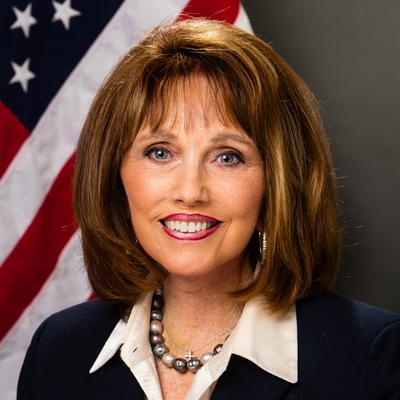
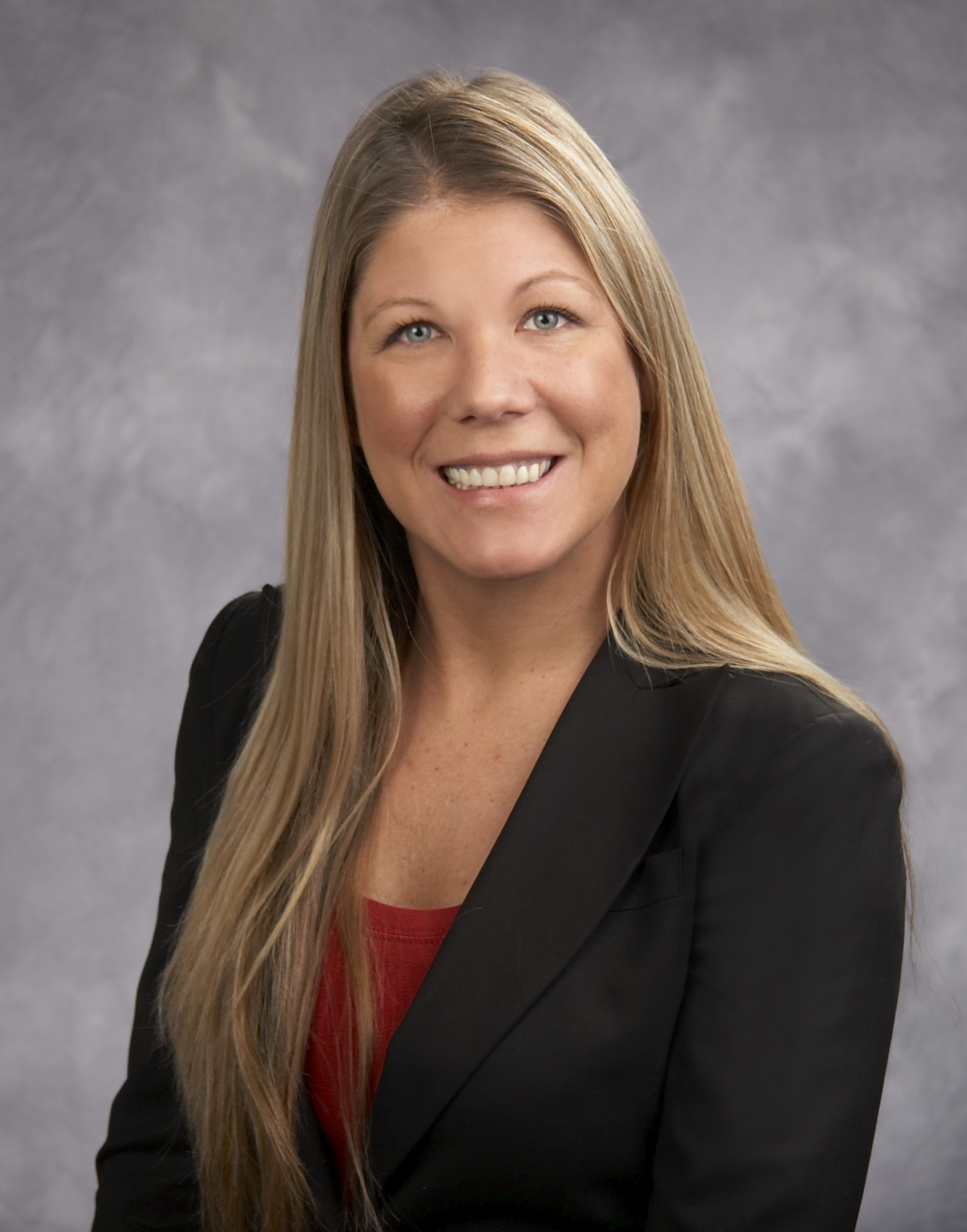
Tritia Foster
Treasurer
Tritia Foster is a partner at Davis Farr, LLP, a CPA firm, where she specializes in working with non-profit organizations. She has a personal interest in ending the illicit fentanyl epidemic.
Chelsie Ilar
Secretary
Chelsie Ilar is the Chief Marketing Officer at a prominent Orange County company dedicated to advancing substance abuse and mental health awareness.

BOARD OF DIRECTORS
Tina Burke
Mother & Activist
Tina Burke is an Orange County mother and activist. Her 21-year-old son was poisoned with a fentanyl-laced counterfeit pill. She works diligently to raise awareness about the dangers of counterfeit pills to help others avoid similar tragedies.

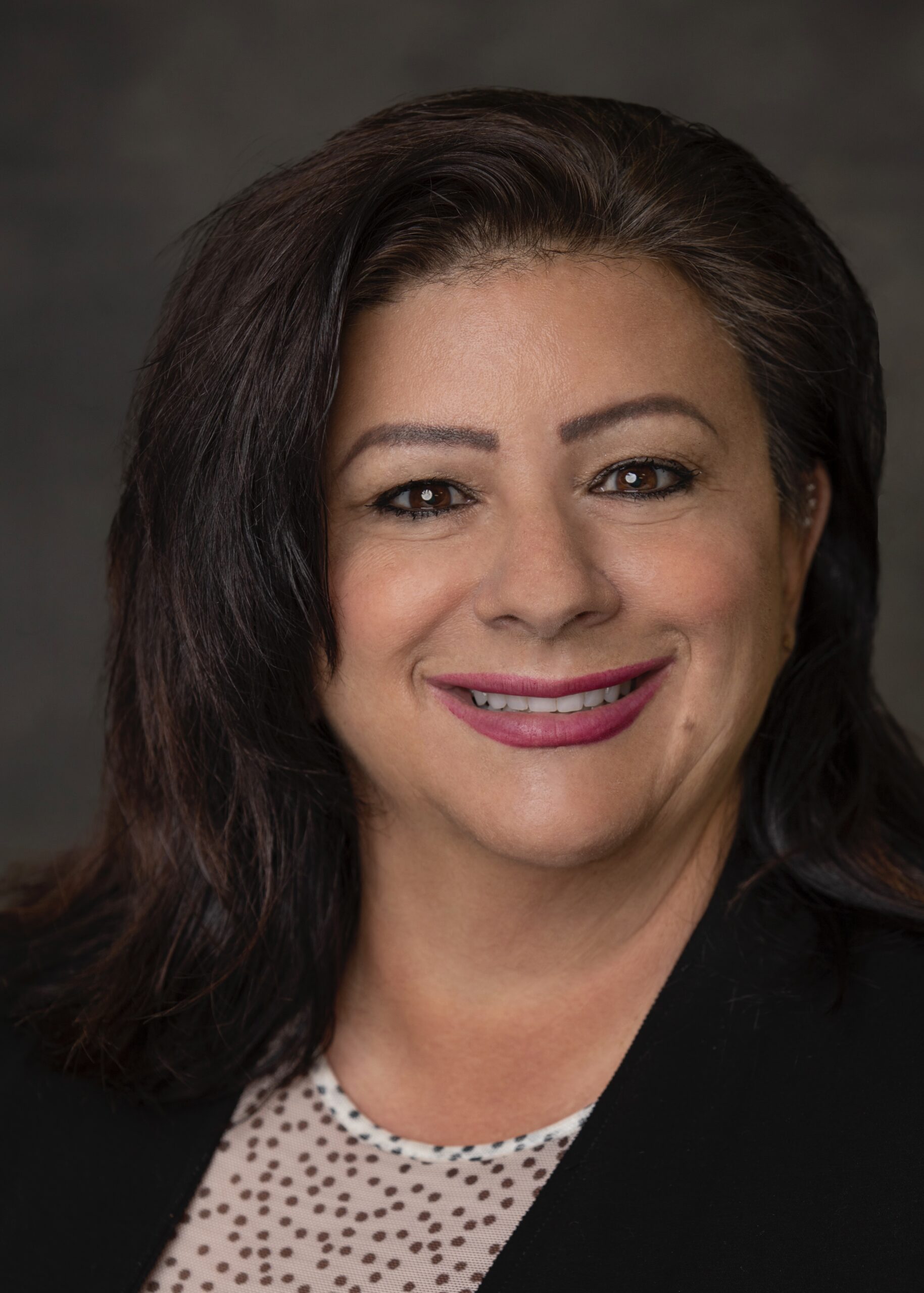
Annette M. Malinowski
Newport Beach Chamber Member Service Director
Annette M. Malinowski has extensive experience in entrepreneurship, sales and community leadership. She also lost her daughter to fentanyl poisoning and works to seek justice by spreading awareness.
Scott Baugh
Attorney & Politician
Scott Baugh served as the CA Assembly Republican Leader, Assemblyman, and Chairing the Orange County Republican Party. He founded organizations like the O.C. Marathon foundation and owns Scott Baugh & Associates

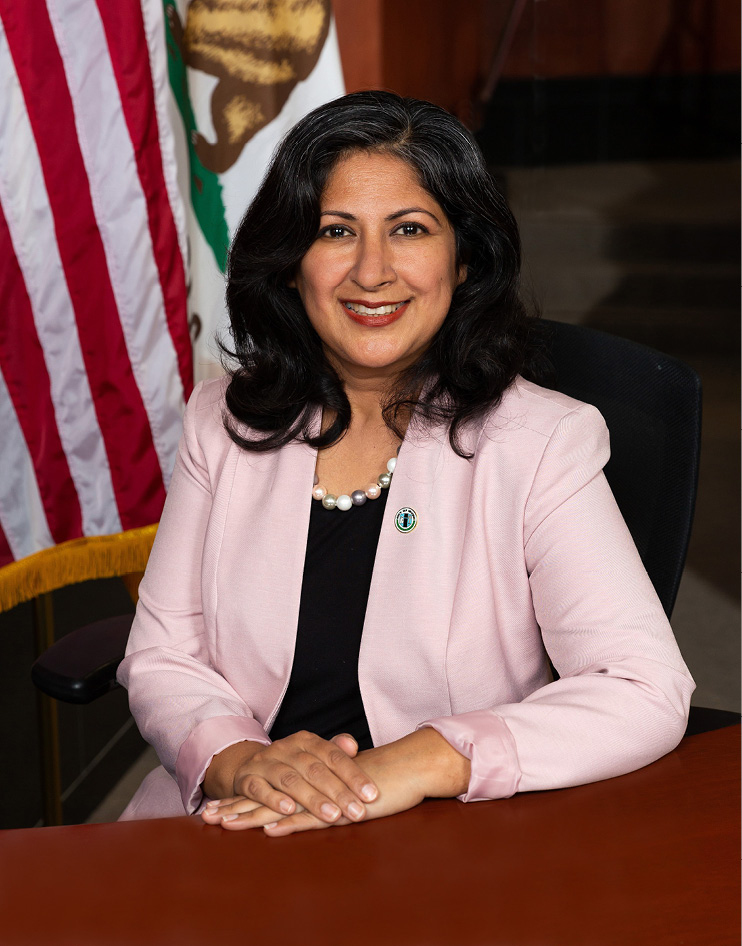
Mayor Farrah N. Khan
Mayor of Irvine
Mayor Farrah became the 23rd Mayor of Irvine in November 2020, securing the highest-ever mayoral votes. She shattered barriers as the first woman of color and Muslim woman to lead a major US city. Re-elected
in 2022. Khan, who started in biotech, focuses on innovation, safety, climate action, and community wellness. Notably, she led COVID-19 efforts, diversity initiatives, and urban development during her tenure. Khan’s dedication is evident in her roles in education and municipal boards. She champions Irvine’s progress on a broader stage through affiliations with major city associations.
Court Crowther
Ret. Assistant Dean & Chief of Staff UC Irvine
Court Crowther, a former Peace Corps Volunteer and experimental psychologist, retired after 21 years as a higher education administrator at UC Irvine. He enhanced graduate diversity, managed
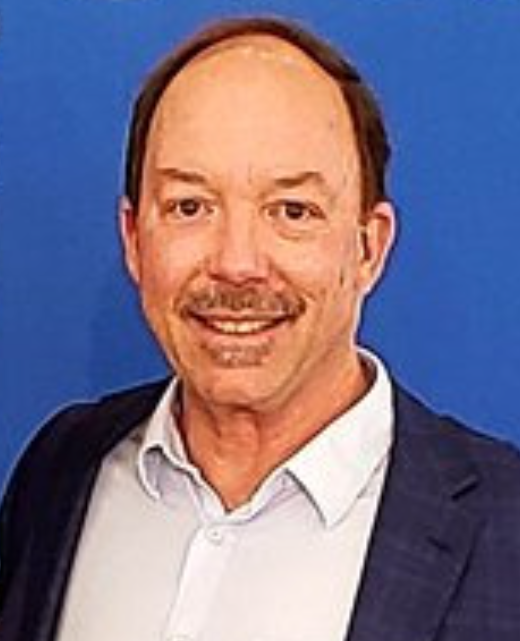
federal grants, and champions marginalized communities through FentanylSolution.org board membership.

Gabriel Dima-Smith
Public Affairs Strategist
Orange County Power Authority
Gabriel Dima-Smith, a seasoned public affairs strategist at Orange County Power Authority, utilizes a decade’s expertise in
steering government relations. With a Public Policy degree from California State University and pursuing a Master’s in Public Administration, he’s committed to preventing tragic fentanyl-related losses following the loss of his closest friend in 2021.
Matt Markley
IT/ Cybersecurity Leader/Mentor
Matt Markley, an IT and cybersecurity veteran of 25+ years, holds a master’s in Information Systems and advanced InfoSec certifications. Beyond his tech career, he pursued his initial passion—teaching.

In 2022, he tragically lost his beloved 18 year-old, Jax, to counterfeit pills, fueling his mission to combat opioid crises, dismantle stigmas, and found Justice for Jax, focusing on empathy and analytics in this battle.
HONORARY BOARD MEMBERS
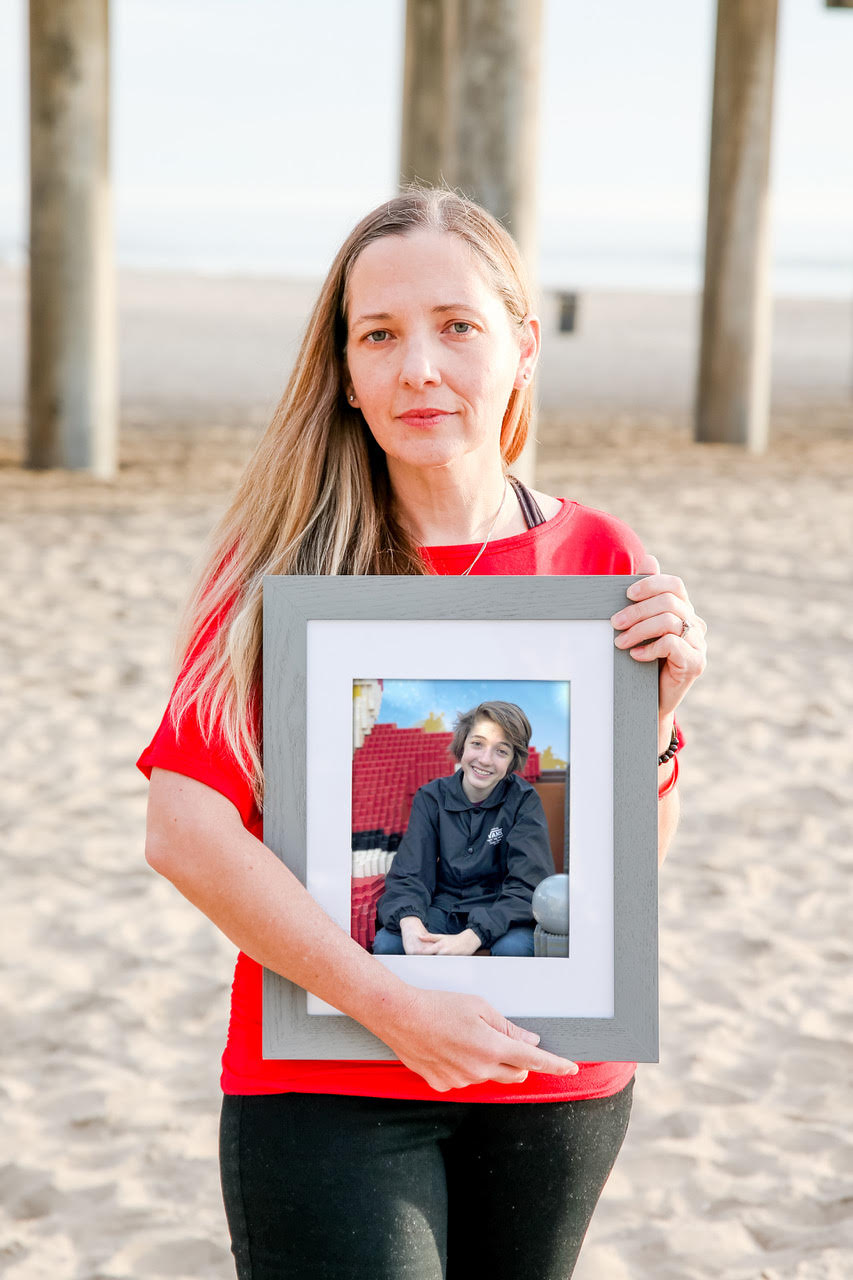
Amy Neville
Mother & Activist
Amy Neville is a California mother whose 14-year-old son died of fentanyl poisoning from a counterfeit pill that was purchased on Snapchat. She tirelessly gives talks and testifies by sharing their story.
What is Fentanyl?
Fentanyl is a synthetic opioid that is estimated to be 50 to 100 times more potent than morphine. It is a powerful and highly addictive drug that is responsible for a significant portion of the opioid epidemic that has swept across the United States and other countries. The drug is commonly used in medical settings as a strong pain reliever and anesthetic, but it is also frequently used recreationally or hidden, unbeknownst to the user, in illicit pills that teens can purchase from the internet. The dangers of overdosing on fentanyl are significant, and as a parent, it is important to be aware of the signs of use and what to look for.

Why Should I Be Concerned?
I know what you’re thinking, my child would never do this. And I can tell you that almost every parent who has buried their child from fentanyl poisoning, has said the same thing. Their child wasn’t a bad kid, they took a fake pill from a friend or found it online. Children as young as 11 have found these pills on the internet and have succumbed to them.
Fentanyl is often mixed with other drugs including cocaine and methamphetamines to enhance their effects, but most teens think they are taking a Percocet™, Xanax™, Oxycodone™, an Adderall™ or similar pill. Many of these illicit fentanyl-laced pills are pressed in someone’s garage or basement and the fake pills are almost impossible to detect from the authentic pills. The Drug Enforcement Agency (DEA) “has found that, of the fentanyl-laced fake…pills analyzed in 2022, six out of ten now contain a potentially lethal dose of fentanyl.” Children who find these pills on Snapchat, Instagram, and other social media are essentially being poisoned to death. The statistics have grown and the unfortunate familiar scenario of parents waking up to find their children deceased in their rooms has increased too.
“I know what you’re thinking, my child would never do this.”
According to the CDC, more than 150 people die every day from overdoses related to synthetic opioids like fentanyl. The signs of fentanyl poisoning can be difficult to spot.
However, some common symptoms to watch for include:
- Slow breathing or cessation of breathing
- Extreme drowsiness or unconsciousness
- Confusion or disorientation
- Nausea or vomiting
- Constricted (very small) pupils
- Cold and clammy skin
To help prevent your child from using fentanyl or other opioids, it is important to have open and honest conversations about drug use and the dangers of fentanyl. Encourage your child to seek help if they are struggling with substance abuse or addiction, and make sure they are aware of the resources available to them, such as rehabilitation programs, support groups, and mental health services. Don’t wait. Get help right away.
Where To Get Lifesaving Narcan
The dangers of fentanyl are significant, and as a parent, it is important to be aware of the signs of use and what to look for. If you suspect that your child is using the drug, seek help immediately. By educating yourself and your child, you can help protect them from the dangers of this powerful and super addictive substance.
If you suspect that your child is using fentanyl, it is important to seek help immediately. In cases of overdose, the drug can cause a person to stop breathing, leading to death within minutes. Naloxone, a medication that can reverse the effects of an opioid overdose, can be life-saving in these situations. Parents of teen children should keep Narcan (the brand name for Naloxone) in their first aid kit at home and learn how to use it. Schools are stocking up on Narcan and are keeping it in nurses’ offices.
Free Naloxone, also known by the brand name Narcan, can be obtained from several sources. Here are a few places where people can find free Narcan:
- Pharmacies: Many pharmacies, including CVS and Walgreens, offer free Narcan without a prescription. You can call your local pharmacy to see if they participate in this program.
- Health Departments: Many local health departments, such as county health departments, provide free Narcan to those in need. You can contact your local health department for more information.
- Community Organizations: Some community organizations, such as harm reduction organizations and substance abuse treatment centers, offer free Narcan to those at risk of opioid overdose.
- Overdose Prevention Programs: Many cities and states have established overdose prevention programs that provide free Narcan to those at risk of opioid overdose.
- Online Programs: Some online programs, such as the Naloxone Distribution Partnership, offer free Narcan kits through the mail.
It is important to note that laws and availability may vary by state, so it is best to check with local organizations for more information on where to obtain free Narcan. In the event of an overdose, every second counts, so having Narcan on hand can be a lifesaving tool.
